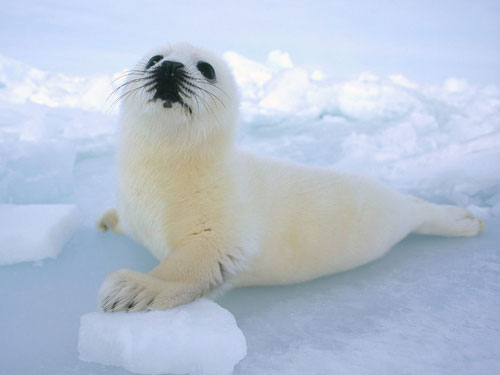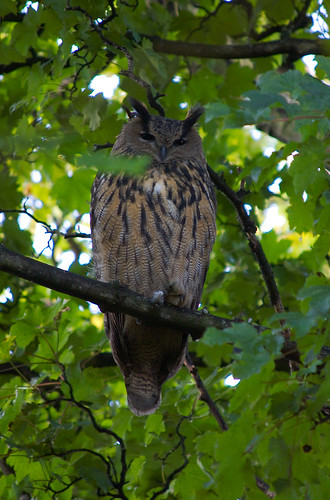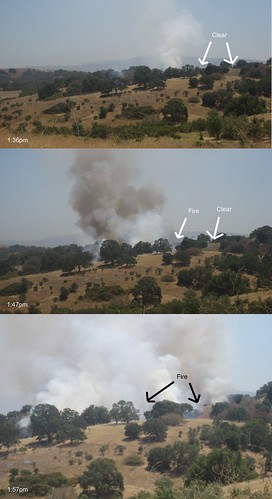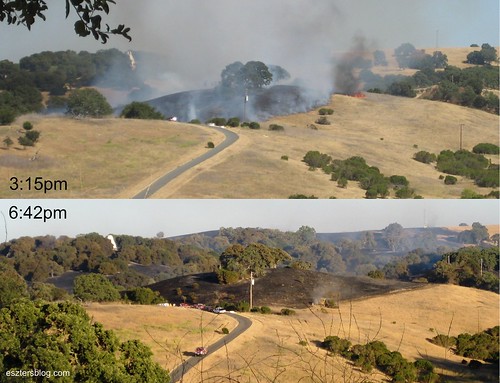I hoisted this from comments…because I can. (Although you should read comment 101 by Jenna Moran in the previous thread as well.) Also, because people often covertly stipulate that men could “amass resources from which to provide for children” on the veldt, and I’d really like to see that…ah…fleshed out a little more because piles of rotting food≠sexy times, unless YOU’RE MOLE! Well, I suppose moles are more plausibly relevant than spiders; at least they’re mammals about whom Kafka has written depressing stories. Oh wait, by that logic cockroaches are back in. Sort of. Whatever. Also, I apologize in advance for the profanity which is going to get CT banned from the Panera Bread wifi and which we were wont to employ in the past only when complaining in the most vehement terms about torture. Now that CT has gone downhill and isn’t a serious academic blog anymore what with the lady-posting about all the lady-topics that only affect ladies, such as human reproduction, I’m just busting out with profanity all over the place. If this is causing anyone any actual problems please contact me.
One thing one might wish to consider is what the actual economic/social conditions were like back in the Environment of Early Adaptation? Well, the real answer is that we have no idea, but a not totally implausible answer is that the most similar existing societies are those who live in relatively small bands of hunter-gatherers, such as the !Kung, and (apparently) less ¡exciting! tribes in the Amazon. In such tribes everyone has notably more leisure time than in agricultural societies, though of course their reproduction rate is much, much lower.
Generally, the gathering (mostly done by women) provides 80% of the average adults’ calories and the hunting (mostly done by men) 20%. That’s on average, and the protein is obviously important, so… Now, being the all-that best hunter in the tribe can convince lots of laydeez to have sex with you. Is this because they want your resources? No, because every motherfucking-body shares the food, Holmes. Shares the motherfucking food. They don’t want your resources—-though they probably wouldn’t say no to you getting the oysters off that roast wild turkey for them. They want your hot body. Why are you so good at hunting? You’re in the pink. A fine physical specimen, keen of eye, etc.
Now, if you, hypothetical armchair evolutionary psychologist, are very, very good, I might allow you to construct a loooong chain of argument by analogy, in which being the best hunter=social capital, and monetary capital today=social capital. Note, however, that you will be forced to leave out all the bits about “providing” for the offspring and so forth, and be left with something more along the lines of birds that do stupid dances to garner sexual attention, and the great engines of modern capital will turn out to be the baroque construction of a thousand bower-birds working at cross-purposes. Which, granted, not totally implausible.
“No but food’s important,” I hear armchair evolutionary psychologist cry. Yes. Food. Totes important. We’re all together on this one. So maybe fucking the best hunter does get you (as female hunter-gatherer) a bit of extra food. (Note that everyone’s far from starving or they could just put in a little more time looking for food, which they do not, because they’d rather hang around poking the fire with a sharp stick or creating oral epics.) Then maybe you’d want the best hunter to think your kid was his so your kid would get extra food too. But life is short, and being the best hunter doesn’t last forever, maybe you better fuck that likely young up-and-comer with the blue feather in his hair. And then again, truth be told, strength isn’t everything, and that guy who used to be the best hunter a few years back knows a trick or two, if things were to get rough, might be useful. You know what you should really do here? Fuck every last member of the tribe who isn’t your dad or your brother, and convince each and every one of them that he is your special little schnookie-boo, and separately at various times of the day give each of them a blushing, downcast look which indicates he is the still point of your turning world.
And that explains why women are all total sluts to this very day, and why people who think that the veldt predisposes women to sleep with old men who have lots of money appear to have forgotten about the perishability of food items, and the non-utility/replaceability of almost all other items, and the fact that there was no money then. The End.
P.S. My husband came up with the “ad hominid” formulation and deserves full credit.



